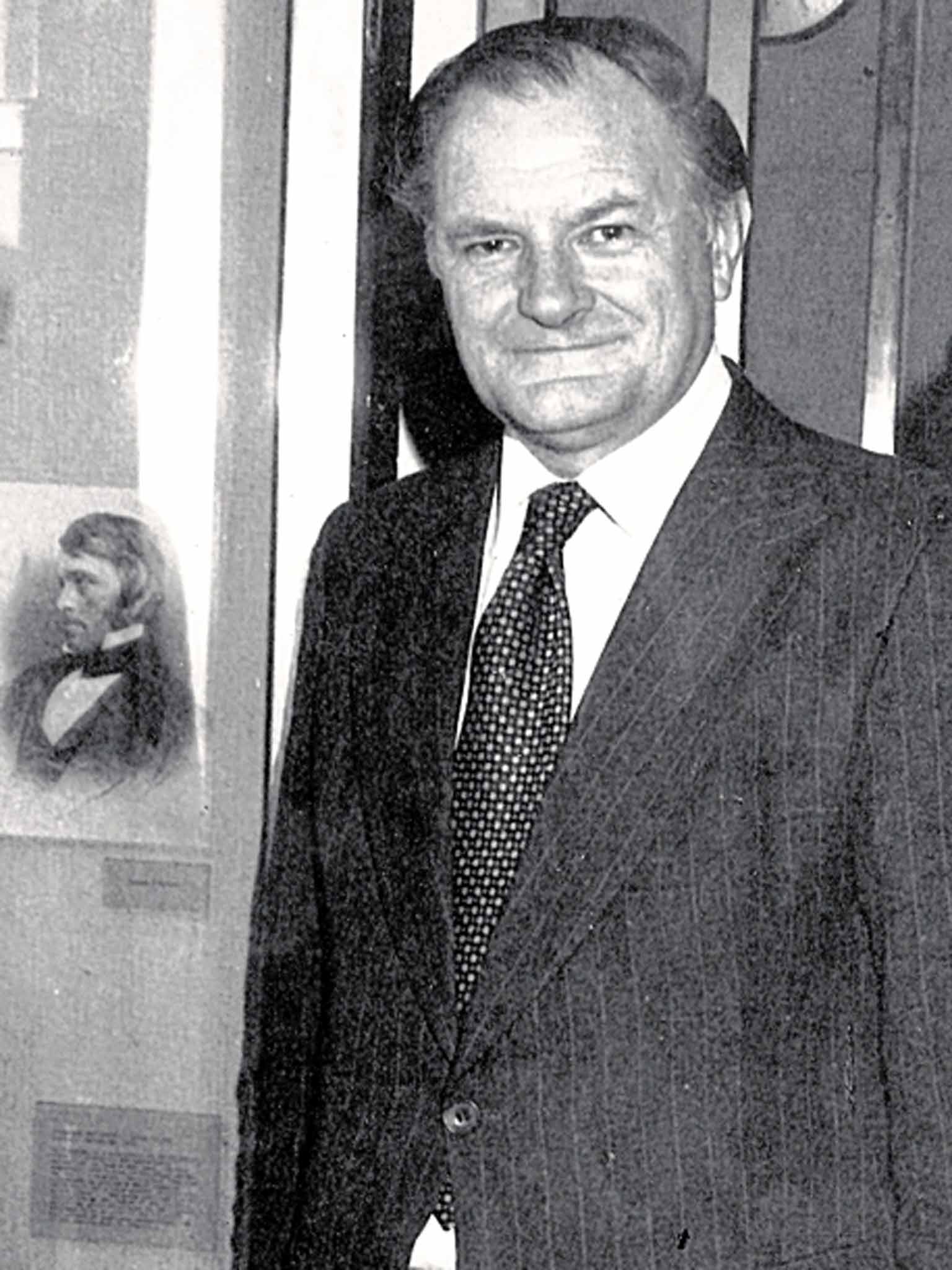Doctor Alexander Currie: University administrator who fought elitism and encouraged entry from broader sectors of society

The 2014 rating accorded to the University of Edinburgh by the respected publisher QS as 17th equal in the world owes much to the solid foundations laid by Sir Hugh Robson, Sir John Barnett and Sir David Smith, successive vice-chancellors who were superbly supported by Alexander Currie in his pivotal role as University Secretary. To my first-hand knowledge as a local MP, Currie was hands-on in guiding the University during the years from 1978-89, a difficult decade for all universities.
Sir David Smith recalled to me, "the final three years of his time as Secretary coincided with the unexpected onset of a severe financial crisis. That senior administrative staff had sufficiently high morale and spirit of co-operation to enable the university to survive the crisis and carry out a radical reorganisation owes much to how well Alec's leadership had built up a sense of teamwork in the preceding years."
Currie was part of the postwar drive to increase student numbers and encourage entry from broader sectors of society. Early in his career he was in the vanguard of developing a centralised and streamlined admissions process. This transparent system – now UCAS – in which students choose universities by completing a simple form is taken for granted. However each university used to jealously guard its processes, producing a complex and bewildering landscape which discouraged many young people and tended to foster elitism. Thousands owe a small debt of gratitude to Currie for championing this important and hard-won democratising innovation.
Currie left Stevenston High School in Ayrshire at 14 to accompany his father, a chemist who worked in ICI's Nobel division at Ardeer, to go to Penrhyndeudraeth in North Wales, to where he had been seconded to take over Cooke's Explosives, which had been absorbed into ICI.
From Porthmadog Grammar School he went to Bangor University for two weeks – and was then called up to serve on the 35,000-ton battleship King George V. Trained in codes, he served in the North Atlantic, and then in the Mediterranean, on HMS Boxer. "I became a man in the seas around Malta," he recalled.
Returning to Bangor in 1948, he achieved first class honours in English Literature in two years, and in 1950 he went to St Catherine's College, Oxford, to do a B Litt supervised by Hugh Trevor Roper on the 1890s poet John Davidson – whose poem "In Romney Marsh" was read at his funeral by Pamela, his ever-supportive wife of 57 years, in Greyfriars Kirk, Edinburgh, on 1 September 2014.
He applied successfully for a junior appointment at Manchester University, under that doyen of university administrators, Vincent Knowles, who made Manchester a breeding ground for many future leading university administrators. It was the entrée to more senior posts at Liverpool, and then Sheffield University, working directly to Sir Hugh Robson.
Herbert Burchnall, the long-term and heavyweight University secretary at Liverpool, and Currie's lifelong mentor and friend, told me, "Currie was here between 1962 and 1965, and was too good to remain in a No 2 position. We were delighted that he got the No 1 job at Sheffield, where he helped to build the great University which it now is, and where he began to make his serious contribution to the world of university administrators."
Following Robson to Edinburgh, Currie inherited a traditionally pivotal role. The previous vice-chancellor had been (Lord) Michael Swann, Professor of Zoology, who interested himself in the biological sciences, while his predecessor had been the Nobel Prize winner Sir Edward Appleton, who likewise pursued his studies in the physics of the ionosphere.
They had left relations with staff and students to the controversial Secretary Charles Stewart, and Currie's arrival was greeted with relief. Sarah Robson, vice-chancellors' secretary for 30 years, told me, "Currie was kind, considerate and thoughtful – but very much in charge. He forged a good relationship with both staff and students." The historian Owen Dudley Edwards, Reader in Commonwealth and American History at the University, concurred, saying of Currie, "He brought humanity to the running of the university."
In 1989 Currie was awarded Sweden's Order of the Polar Star (first class) in recognition of his work in establishing co-operation between British and Swedish universities, and he received two honorary degrees, from the universities of Sheffield and Edinburgh.
Alexander Monteith Currie, university administrator: born Stevenston, Ayrshire 2 May 1926; OBE; Order of the Polar Star; married 1957 Pamela Breeze (two sons); died Edinburgh 24 August 2014.
Subscribe to Independent Premium to bookmark this article
Want to bookmark your favourite articles and stories to read or reference later? Start your Independent Premium subscription today.

Join our commenting forum
Join thought-provoking conversations, follow other Independent readers and see their replies